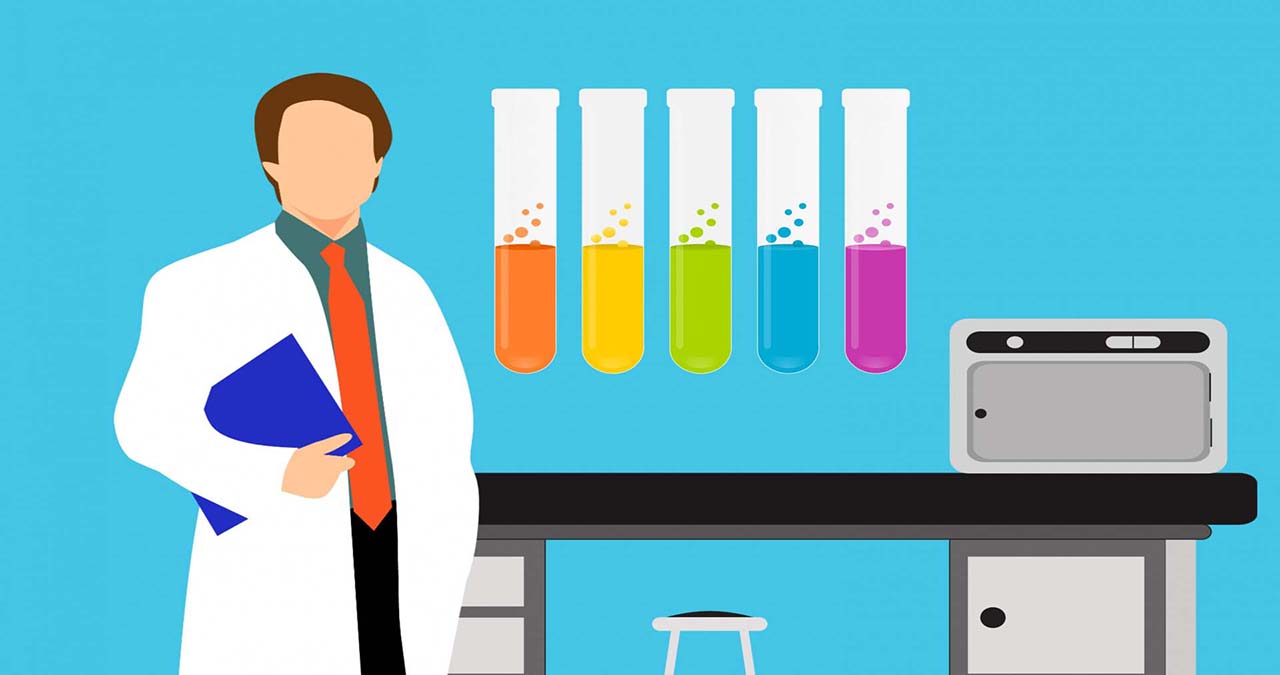An experiment is a scientific procedure performed to make a discovery, test a hypothesis, or show that something is true. It requires the manipulation of variables within controlled conditions to evaluate and measure impact.
Important Parts of An Experiment
Hypothesis: A testable prediction on the results of the experiment.
Feature: The variable we manipulate or change in an experiment
It is the variable being measured and is also known as a Responding Variable
Controlling Variables: A variable to be kept constant in order for it not change how the independent variable acts.
Experimental Group: The group that is exposed to the independent variable
Control Group — The group that is NOT exposed to the independent variable; it serves as a comparison for the experimental group.
The Scientific Method
The scientific method is a systematic process for experimentation which includes:
But how to develop a clear and specific research question?
Research — Work on background research and potentially some prior studies on the subject matter.
Hypothesis: Formulate a specific hypothesis which can be tested to address the research question.
Experiment: Plan and perform an experiment to test the hypothesis
Gathering and Processing Data: This is where we gather the relevant data and analyze it to a point of drawing conclusions.
Results: Analyze the data and draw conclusions to compare with your hypothesis.
Dissemination: Report SHE findings in the form of reports, presentations, or publications.
Types of Experiments
Laboratory Experiments: Controlled experiments held in a laboratory.
Field Experiments:Experiments performed within the natural context.
Quasi-Experiments — Experiments without full experimental control for ethical or practical reasons
Ethical Guidelines for Experimentation While doing experiments, ethical guidelines should be followed as:
Informed consent: Participants must be made aware of what the experiment involves and any risks involved.
Privacy: Data must be kept private by participant.
Animal care: If the research is being done using animals, those animals should be treated humanely.
Integrity of the data: Data should be collected and analysed honestly, accurately
These principles can help researchers conduct meaningful and reliable experiments, while an understanding of ethical guidelines will help prevent harm to participants.



